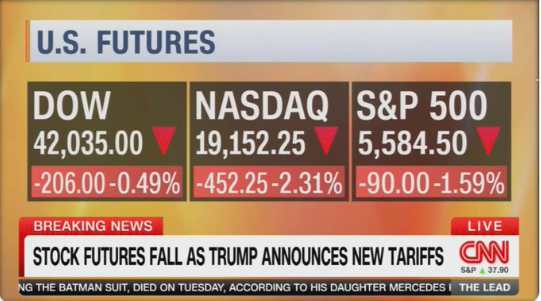
With threats of trade and immigration wars with Mexico looming ever closer, food producers and shippers in the U.S. are working hard to speed up exports to Mexico and find alternative markets for their goods. Mexico in one of the largest export markets for farm production in the country.
Producers and shippers are attempting to move as much as they can as fast as they can in the shadow of new tariffs and the NAFTA renegotiations that President Trump has threatened our southern neighbor with.
Farmers are facing the largest global slump in prices in years and shipping companies such as Primo and Cousins USA are now looking to other nations such as Nicaragua to export livestock feed and import other items such as molasses.
Mexico is expected to buy up 4% of the United States corn production and almost 8% of pork production in the coming year, says the USDA and the U.S. Meat Export Federation.
Despite being a strong supporter of Trump in the recent election, the agricultural community is very concerned over Trump’s exit from the Trans-Pacific Partnership Trade Act and his meddling with the NAFTA Treaty. [xyz-ihs snippet=”Adsense-responsive”]With retaliation from Mexico such as reciprocal tariffs for Trump’s proposed tariffs, Mexico will likely turn to Brazil and Europe for items such as ham, hitting the U.S. market hard.
As many as 130 trade associations and food companies, who have seen exports climb as much as four times in the last two decades that the NAFTA Treaty has been in place, have signed a letter to Trump pointing out the benefits of the NAFTA Treaty between Canada, Mexico and the U.S.
THe last tiff between Mexico and the U.S. in 2009 and 2010 cost businesses in the U.S. over $2 billion when the Obama administration shut down U.S. highways to Mexican trucks. Mexico responded with tariffs on exports of apples, frozen sweet corn and christmas trees, cutting exports to Mexico by 27%.
95% of leading economists believe that NAFTA has been beneficial to the U.S., and the United States Chamber of Commerce credits NAFTA with increasing trade and services with Canada as much as a trillion dollars, while the AFL-CIO blames the treaty for the sending of as much as 700,000 jobs to Mexico.
Manufacturers in California, Texas and Michigan were affected by the treaty the harshest, while 140,000 small businesses in the U.S. have benefitted with NAFTA.[xyz-ihs snippet=”Adsense-responsive”]








